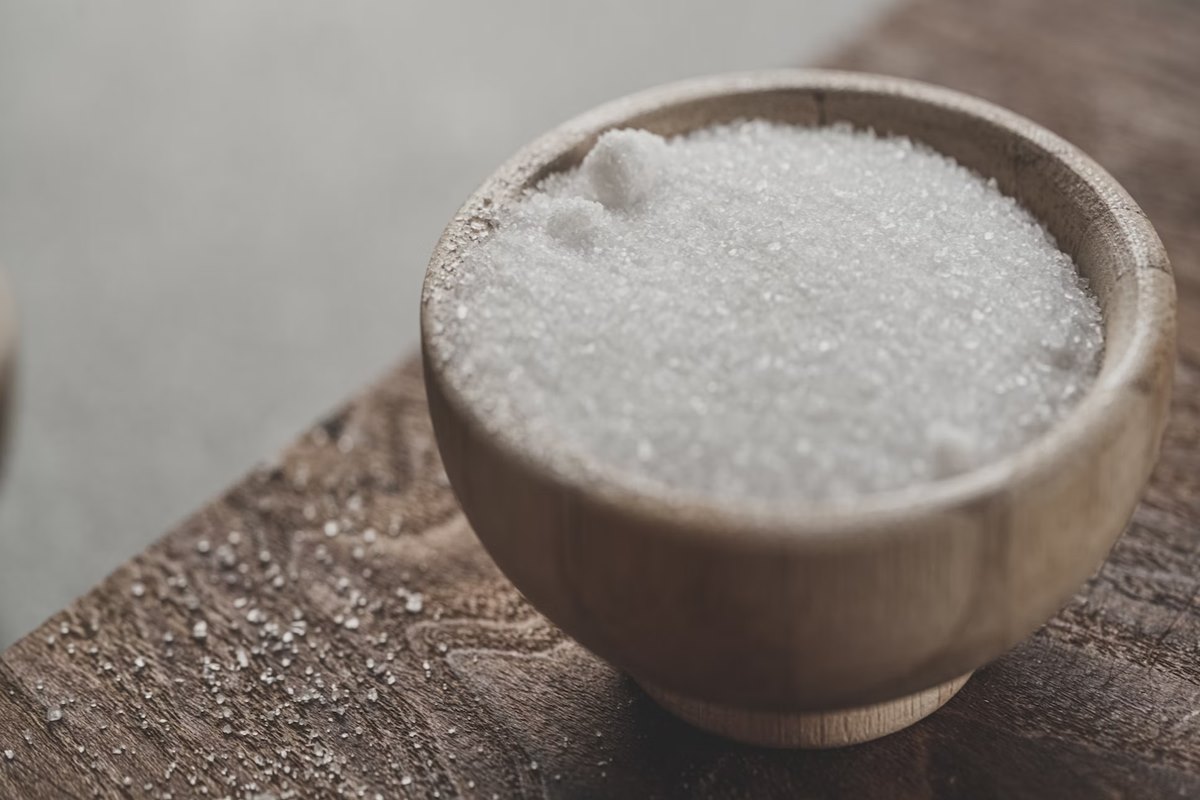How to protect your kidneys from the modern lazy lifestyle
Safeguard your kidneys with practical lifestyle tips in today's modern world. Learn how to maintain kidney health through diet, activity, and monitoring.
Explore the dangers of excessive sugar intake and its impact on health. From weight gain to heart disease and skin problems, discover the risks associated with high sugar consumption and learn how a balanced diet can lead to a healthier you.

While we attribute various health issues to sugar consumption, it’s crucial to acknowledge that some sugars are essential for proper bodily functions. Lactose in dairy and fructose in fruits, for instance, play vital roles. However, many processed foods contain unnecessary added sugars, contributing to inadvertent overconsumption and resulting in several health problems, including chronic diseases and weight gain. Below, we highlight some drawbacks of excessive sugar intake.
Global obesity rates are on the rise, closely tied to increased consumption of fast and processed foods laden with added sugars. Whether it’s sugary drinks, sodas, or desserts, excessive fructose intake can cause blood sugar spikes and heightened appetite, creating a cycle that often leads to weight gain. Additionally, it induces resistance to the leptin hormone, responsible for regulating hunger and cravings.
Excessive sugar intake not only contributes to obesity but also elevates the risk of heart disease. A condition known as atherosclerosis, characterized by deposits along arterial walls, can result from too much sugar. A high-sugar diet also raises blood sugar levels and promotes inflammation, paving the way for various heart-related ailments.
Advertisement
Sugar significantly contributes to elevated blood sugar levels, leading to insulin resistance and, ultimately, conditions like diabetes—an increasingly prevalent ailment in the 21st century.
Direct associations exist between increased sugar intake and skin issues. Elevated sugar consumption triggers sugar spikes, inflammation, and heightened oil and sebum production, factors influencing acne. A diet rich in excessive sugar, carbs, and processed foods accelerates skin deterioration, causing fine lines, wrinkles, and sagging. Additionally, sugar increases Advanced Glycation End (AGE) production, contributing to premature aging.
Excessive sugar consumption correlates with a surge in fatty liver cases. Although the liver typically converts fructose into glycogen, excessive sugar impedes this process, causing it to transform into fat—a condition known as nonalcoholic fatty liver disease (NAFLD).
Excessive sugar consumption offers no benefits; therefore, adopting a nutritious, balanced diet can significantly reduce sugar intake, facilitating a healthier lifestyle.
Also Read: Foods for that natural pre-wedding glow
Advertisement